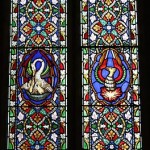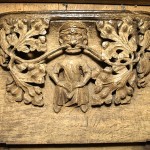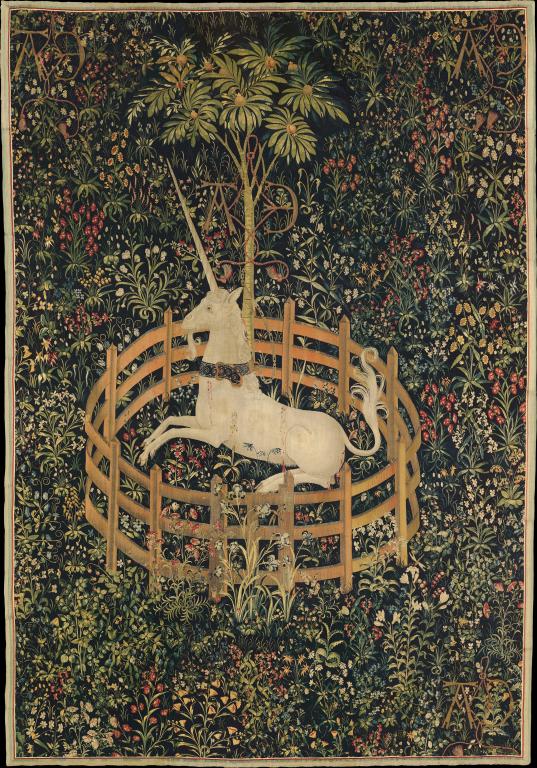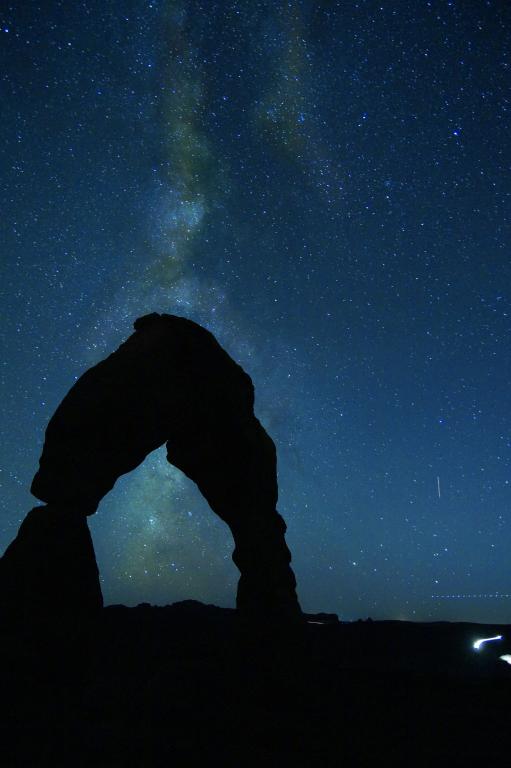David Russell Mosley
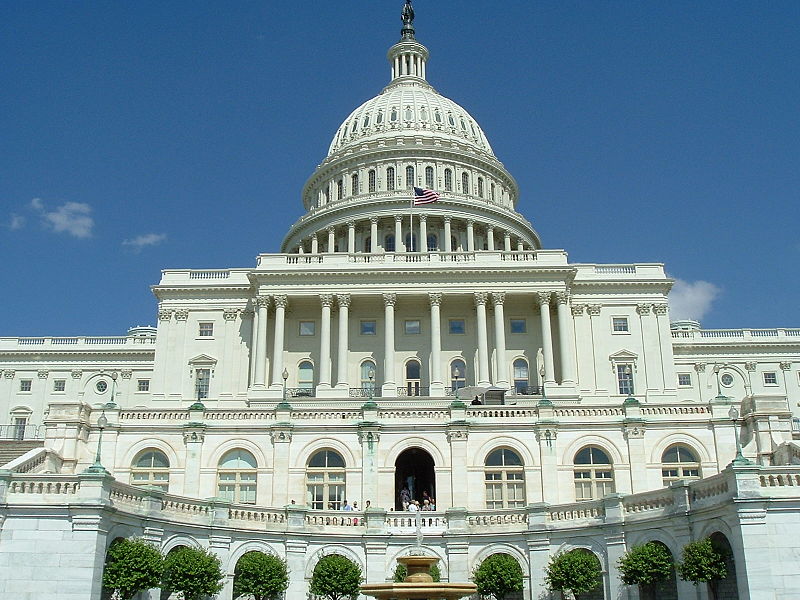
Ordinary Time
22 August 2016
The Edge of Elfland
Hudson, New Hampshire
Dear Readers,
Since I’ve assigned it as a textbook for the intro theology class I began teaching today, I’ve be re-reading C. S. Lewis’ Mere Christianity. I read this book, if not every year, then at least every other because I often find myself challenged by it. The other day, however, I came across a passage that I felt so accurately describes the feelings, and consequences of those feelings, that many have to their political rivals.
Lewis writes:
Suppose one reads a story of filthy atrocities in the paper. Then suppose that something turns up suggesting that the story might not be quite true, or not quite so bad as it was made out. Is one’s first feeling, “Thank God, even they aren’t quite so bad as that,” or is it a feeling of disappointment, and even a determination to cling to the first story for the sheer pleasure of thinking your enemies as bad as possible? If it is the second then it is, I am afraid, the first step in a process which, if followed to the end, will make us into devils. You see, one is beginning to wish that black was a little blacker. If we give that wish its head, later on we shall wish to see grey as black, and then to see white itself as black. Finally, we shall insist on seeing everything––God and out friends and ourselves included––as bad, and not be able to stop doing it: we shall be fixed for ever in a universe of pure hatred.
I know people who are willing to believe any atrocity of Barack and Michelle Obama. Whether it is simply being Muslim, which is not true of the Obamas nor is it an atrocity properly speaking, or hating America and wanting to destroy it. Friends and family members have earnestly and honestly suggested that the Democrats hate the United States. Show them a snopes.com article on why something they posted is wrong, they’ll say, “OK, but they’ve still done this and this and this.” And lest you think this is true only of Republicans/Conservatives, I have had many friends and family members who have suggested that all Republicans are gun-toting bigots and it wouldn’t shock them in the least to discover that they had their own dirty, little secrets. This is what so much of modern politics is breeding. And this would be quite bad on its own as it causes us to continue to divide, to become so polarized that we can see no good in the Other. But Lewis warns us that this line leads us down a dangerous path.
The Republican who thinks nothing in the Democratic platform is good and the Democrat who thinks nothing in the Republican platform is good are both being led away from the Good by their unwillingness to recognize goodness in others. In an attempt to safeguard their understanding of the Good both are pulled away from it and move closer to damnation. In a sense, I think both sides, or anyone who feels as Lewis describes, are attempting to self-deify. They are putting themselves in the place of God, for only they can know and defend what is good and right and just. The Other cannot do it, so I must. But Lewis warns us that this way of viewing the Other leads into darkness, not away from it. This is the sin of pride, to think oneself in God’s place as determiner and defender of the Good.
There are only two cures for this. The Church Fathers believed that humility, or God himself, is the only cure for Pride. Humility, so defined, is the recognition that we are not God, that we are creatures. And so, if you find yourself wishing the Other to be more evil than they are, you must humble yourself. You must remind yourself that you are not God. The second thing, however, that is necessary, is Charity. Now, charity is not the corresponding virtue to deal with pride. But, it is absolutely necessary in order to rightly deal with those with whom you disagree. We have to be able to receive the other charitably, to receive them as if they were Christ, to look for the Good in them and not wish them more evil than they really are. We are not God. And it won’t be the Republican or the Democratic parties that will save the United States; and it won’t be the United States that saves the world.
A last note: Lewis makes an interesting dichotomy in Mere Christianity. He frequently refers to the Christian’s end as being gods; but the alternative is becoming devils. Of course he doesn’t mean the latter literally. That is, he doesn’t believe that we become devils if we are damned, in the way that many believe we will become angels after we die. He means instead that we will share their fate and become more akin to them. He does, however, really believe that we will be deified. I hope to write more about that someday. In the meantime, let me say this: Persisting in the desire to see the Other as more evil than they really are is to work toward our damnation. If we wish to work toward our deification, then we must persist in our humility and charity.
Sincerely,
David

